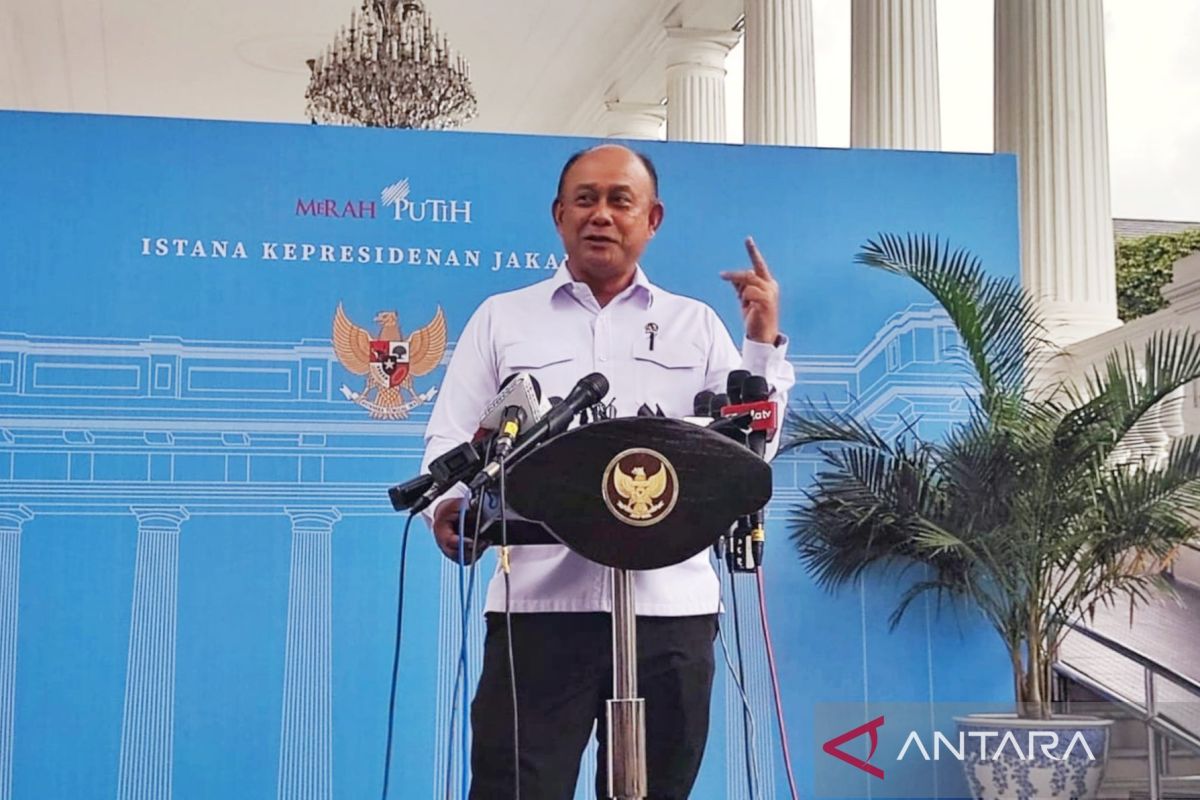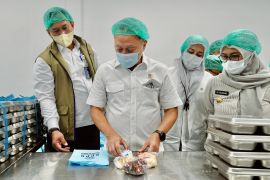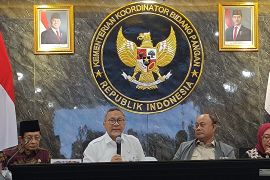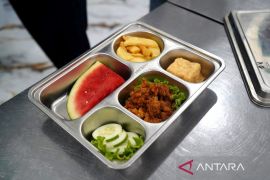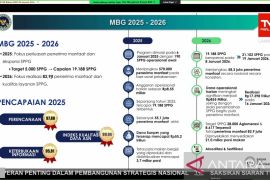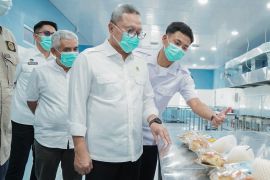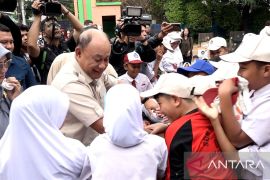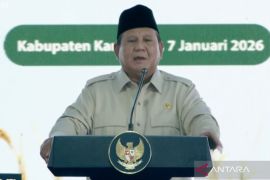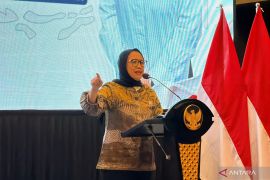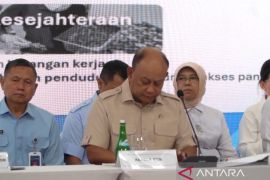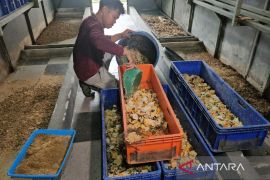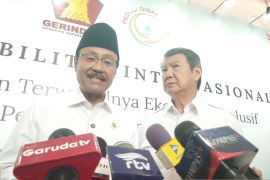"The program will continue during Ramadan. So, when schools are in session, the nutritious meals program will still be in effect. However, the mechanism will differ from normal days, where we will provide nutritious meals to be taken home," he informed at a press conference here on Monday.
Hindayana added that students who are fasting can eat the food while breaking their fast, while those who are not fasting can consume it at school or home.
He said that the meals will be designed to last longer and not spoil easily. For example, they may include milk, boiled eggs, dates, fortified cookies, fruits, green bean porridge, or kolak dessert. All the while, the right nutritional balance will be ensured, he added.
"The nutrition sources will remain the same; there are proteins, carbohydrates, and fiber," he added.
Hindayan informed that some changes will be made to food packaging, too. Last year, the program used paper bags, but this year, a new method was tested in Sukabumi, West Java, using bags that students can take home.
He said that the bags will need to be returned the next day in exchange for new ones filled with food. This approach would not only reduce waste but also promote discipline among students.
The MBG program take-away scheme will continue throughout Eid al-Fitr for all students, including those who are non-Muslim.
There have been suggestions asking that regions with a non-Muslim majority continue to be provided food the normal way during Ramadan, he added. However, it has been decided that these areas will be treated the same as others.
"We will evaluate this after one week of implementation to see if areas with (the majority of) non-Muslims operate as the same or if they should receive a special approach," he said.
Related news: VP Gibran evaluates MBG implementation in two schools in East Jakarta
Related news: Free meal program ensures adequate nutrition for pregnant women
Translator: Fathur, Kenzu
Editor: Rahmad Nasution
Copyright © ANTARA 2025
